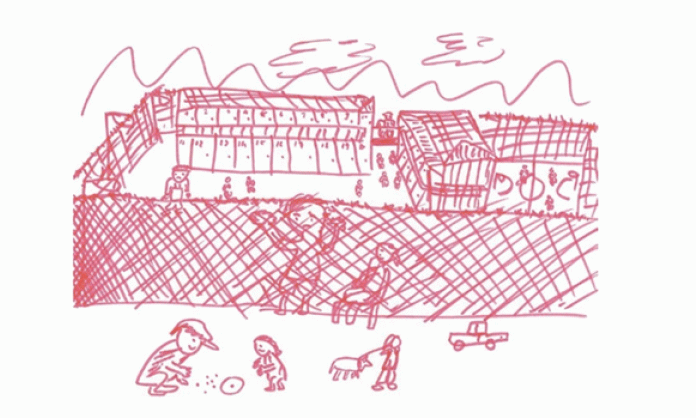“My hope finished now. I don’t have any hope. I feel I will die in detention.” – Unaccompanied 17 year old, Phosphate Hill detention centre, Christmas Island, 4 March 2014.
“Nothing, not even the birth of my child, can make me feel happy. I don’t know what family means. I haven’t been able to form a bond since the birth of my 2-month-old daughter because of how I feel being in detention … No one can understand – you have to see what it’s like here, even for just one hour.” – A mother, Melbourne detention centre, 7 May 2014.
Those responsible for the refugee detention system in Australia stand condemned of gross crimes against humanity, the enormity of which future generations will struggle to comprehend.
One thousand and sixty-eight children are currently held in Australian-run detention prisons on the mainland as well as Christmas Island and Nauru, of whom 83 are without their parents. Nine are subject to indefinite detention with no prospect of release, a practice in violation of the United Nations International Covenant on Civil and Political Rights.
More than one-third of these children have been found by the Human Rights Commission’s Forgotten Children report to be suffering mental health disorders that, outside of detention, would be considered serious enough to require hospitalisation. This is more than 15 times the rate of child mental ill health in mainstream Australia.
One hundred and five children in detention are considered at “high” or “moderate” risk of suicide and require ongoing monitoring. Most distressingly, 10 of these children are under 10 years of age.
Australia’s system of immigration detention has been found by the commission’s inquiry to be in violation of multiple protections provided for by the United Nations Convention on the Rights of the Child, including the right to development, identity, health care services, education, play, recreation – and respect for these rights without discrimination.
Parents are similarly traumatised by detention, with nearly two-thirds of parents of infant children reporting that they felt sad either “most of the time” or “all of the time”.
It might be expected that such findings would elicit shame or require some accounting from the elected representatives and public officials responsible for these abominations. Instead, indicative of the level of barbarism that characterises the political class today, Liberal government members have threatened its author with the sack.
Tony Abbott described the report as shameful, a “stitch-up”, and suggested that rather than criticise government practices, the commission congratulate former immigration minister Scott Morrison for stopping the boats.









